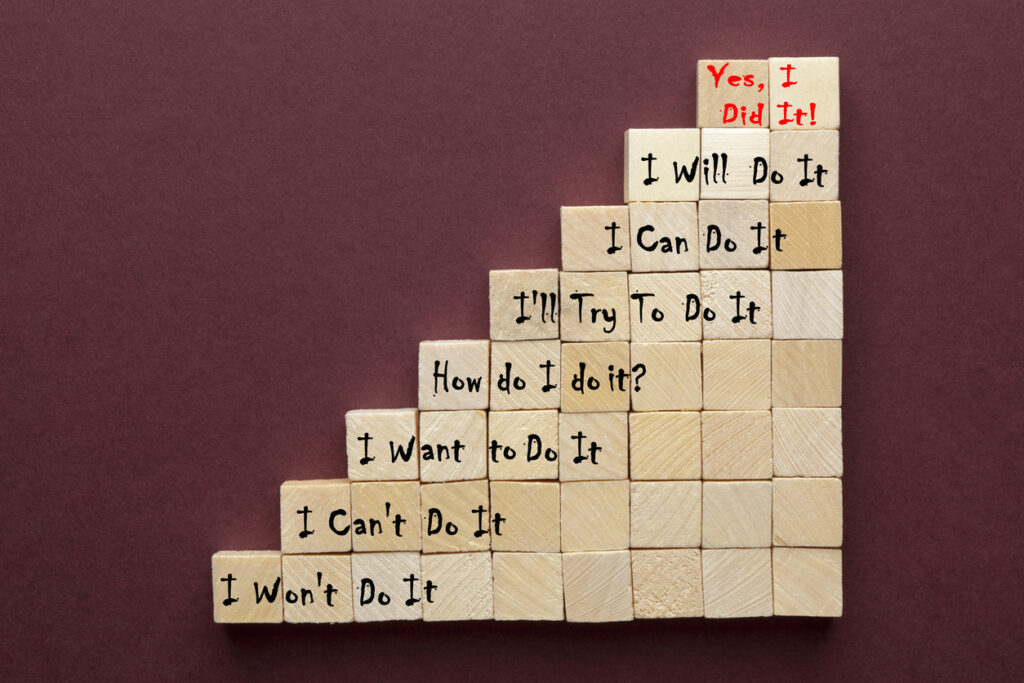
When we tell people what we do at Allagi we are sometimes surprised that they respond with “ah yes, change management; good communications, so important”. In fact many people believe that successful change management is the same as good communications, but we see it differently.
When you want people to adopt a new process, technology, practice, behaviour or move to a new location you need them to be ready, willing and able to make that change. Good communications play a very important part; a good communications plan will ensure that people know what you are planning, why and how they will be affected by it. So let’s say they get that far – a result of good communication – will it actually encourage them to change? Probably not. It’s just not enough on its own. So what do you need in addition to a good communications plan?
Five key tools for successful change
Strong sponsorship
We need to want to change – to be inspired and energised about what is to come, to see where we fit into the story and why it is worth doing. A robust sponsorship group can inspire, energise and sustain throughout the change project. Strong sponsors give out messages (both spoken and unspoken) about the project’s importance and the organisation’s commitment to the change. They communicate with people They recognise and acknowledge pain and resistance and encourage us to keep going anyway. Research into change management shows that active and visible sponsorship is the no. 1 contributor to success. So you need a team of sponsors with the commitment, credibility and authority to be there and participate fully from start to finish.
Training plans
To change, we need to know what to change. We may need new knowledge or skills to adopt the new process, system or behaviour. Conducting training needs analysis and reassuring people that they will receive training to enable them to change is a key factor in managing resistance to change and getting people excited about the future.
Coaching plans
Organisations change when the individuals within them change. The focus of change management is helping every individual make their own transition to the new way of doing things. And the trickiest part of that is that every individual is motivated by different things so a ‘one size fits all’ approach just won’t work. Some people need extra help getting motivated to change, others developing the skills to change and still others overcoming their own internal barriers to change. Develop a coaching plan for your project so that every individual can get help when they need it.
Resistance Management plan
Even armed with understanding, knowledge and skills we struggle with change for all kinds of reasons. Sometimes we know what we need to do but for some reason we can’t make ourselves do it. One lady recently told us she is so uncomfortable with change she feels extremely stressed by something as simple as a traffic diversion on her route home. Develop a resistance management plan for your project so that you can identify likely pockets of resistance and manage it.
Communications plan
Did we mention that? You do need a good communications plan. Not just at the start of the project but throughout. Ongoing. And two-way. Think about how you can get questions and feedback as they arise; for example, use a dedicated e-mailbox to invite engagement. Use your Sponsors to maintain contact with people and keep emphasising the importance of the change project. Keep talking…and keep listening.
